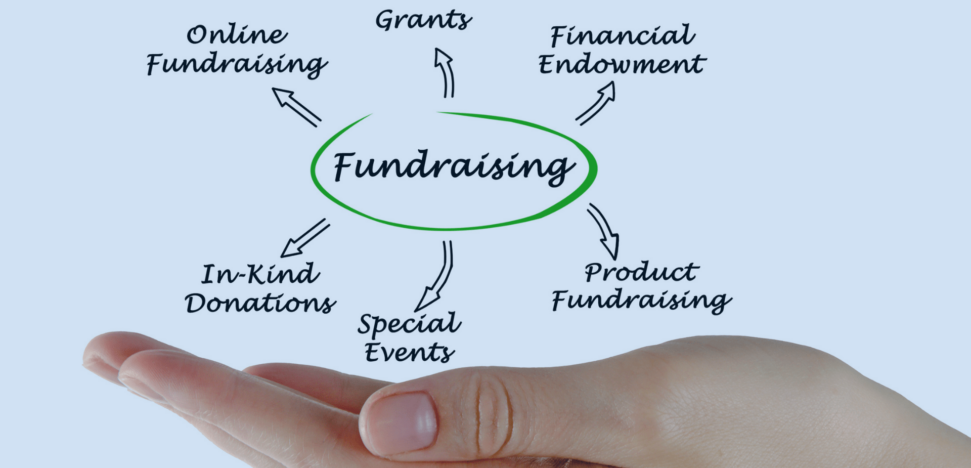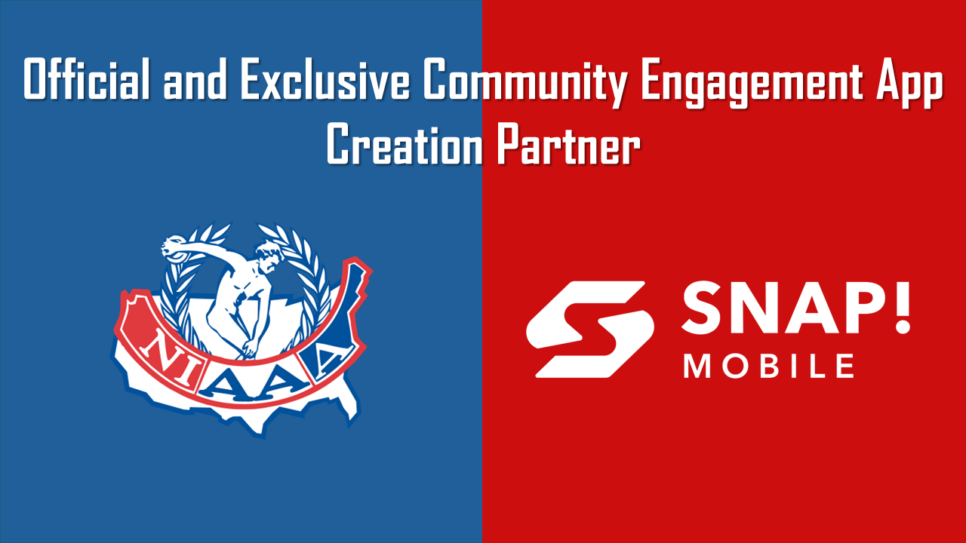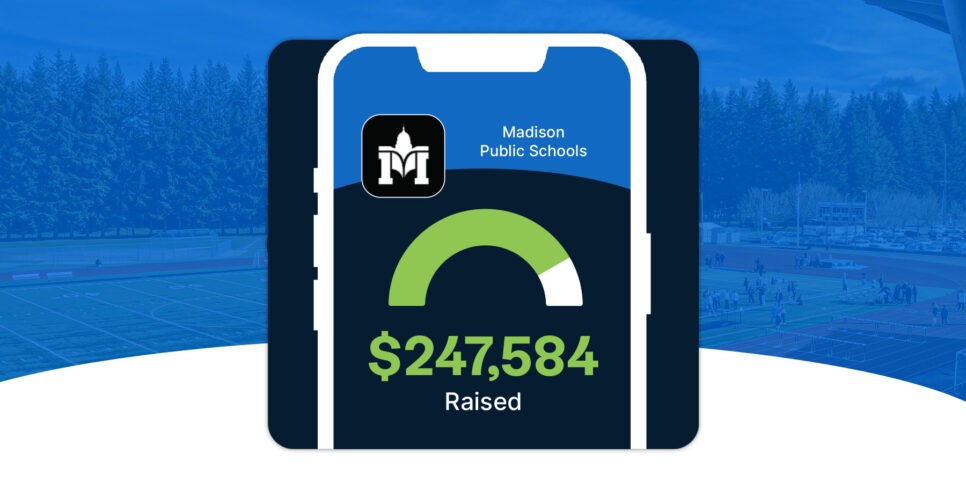

From choir concerts, to art shows, to athletics day camps, events provide a great opportunity to raise funds by doing what your program does best.
As communities rebound from COVID-19 and look to meet in person again, this article serves as a guide to coordinate your next event, generate enthusiasm about your program, build relationships with your community, and recruit new members for your team or activity. Whether you coach a team sport, direct a music ensemble, or lead an after-school program, this guide will give you what you need to start planning your next school fundraiser event.
Goals
When you’re planning a fundraising event, the more specific you are about your monetary goals, the more funds you’re likely to raise. Determine a realistic goal for how much of your annual fundraising goals you expect to cover, keeping in mind your budget for the event and the time you plan to invest in its success. Remember that events are not the most efficient way to raise funds since they require a lot of planning and overhead expenses. However, they can offer a great opportunity to work on some of the non-monetary goals of your organization.
Whether it’s promoting your organization, acquiring new donors, or recruiting new participants, fundraisers can accomplish a lot more than just fundraising. Assess the needs of your particular program along with opportunities your community presents to create some measurable goals beyond simply the dollar amount you hope to raise.
Budget
Realistic budgeting is a key aspect of every successful fundraising event. Unfortunately, it’s not uncommon for events to raise a negligible amount of money or even lose money if not planned carefully. The more detailed your budget is, the better. Spreadsheets can be helpful for keeping everyone involved up to date on the specifics of the budget and important deadlines, like when payments are due. Even if a lot of the resources for your event come from volunteers or donations, be prepared for unexpected expenses. A few potential expenses to account for are:
- Event space
- Refreshments
- Staff
- Any equipment not provided by the venue
- Promotional items
Of course, these expenses will vary depending on the kind of event you are planning and the resources available to your program. For concerts and other performances, remember to check with the venue about whether sound and lighting is provided. For payments with specific due dates, know the late fees and be prepared to pay them just in case.
Schedule
The more specific your schedule is, the more likely it is that everything will be accomplished on time. Break goals down into small, manageable milestones, then put each milestone on the schedule. When scheduling the event, be sure to plan it far enough in advance––not just to allow time to organize it, but also to give attendees the best chance of being available. Consider the date, time, and day of the week, including what works best for potential attendees as well as potential conflicts. Hosting an event for families? Don’t plan it on a school night. Planning a fundraiser that will involve educators? Avoid the week before grades are due. Scheduling strategically is essential to creating a successful event.
Leadership
Goal setting, budgeting, and scheduling are much easier when there is someone assigned to each task. To make sure everything gets done, consider forming a leadership committee for the event planning. This committee can be made up of staff, parents, or kids, depending on the needs of the organization and the particular event. When working with high school students, involving them in event planning can be a great way to facilitate leadership skills. Some roles committee members might take on are:
- Sales of tickets and items sold at the event
- Communicating with the venue
- Scheduling
- Event promotion
Marketing
Even if everything else goes perfectly, the event won’t be a success if people don’t know about it. Luckily, there are many options for marketing your event. The most important thing to consider when publicizing your event is your audience. Who do you want to be there, where do they get their information about events, and what kinds of messages appeal to them? It’s a lot easier to attract people to your event who are already interested in and supportive of your organization than to try to capture the interest of people who don’t have any reason to care. Make it easy for prospective attendees to find the information they need to know in order to attend the event. The less work they have to do, the more likely they will be to invest in your program. Consider utilizing flyers, newsletters, websites, emails, newspapers, and social media to get the word out.
Setup
Thorough goal setting, scheduling, and delegation of responsibilities all lay the groundwork for a successful event. Have a plan and a schedule for who is doing what, when. Make sure you have enough manpower to get everything set up in time. Depending on the type of event, doing a run-through of the program in the event space can be an important part of preparation. No matter how well you prepare, it is important to have a backup plan for if things go wrong.
Follow-up
Planning doesn’t stop when the event is over. Follow-up is just as integral to the success of an event as all the steps leading up to it. There are two main components to event follow-up: reflecting on the process and thanking those involved.
When reflecting back on the event, return to the goals you set when you first started planning. With these goals in mind, ask a few questions. What worked and what could have been done better? How much did the event raise and did it stay within budget? This is a great opportunity to involve the event leadership committee to gain more insight. If the event met or surpassed its goals, use it as a model for future fundraisers, and consider making it an annual event.
It is also important to thank those who attended the event. You can even circle back in some of the channels you used to market the event to thank those who attended for helping make it a success––as well as to generate excitement for your next fundraising endeavor. Also remember to thank volunteers and sponsors. Recognizing their time and effort is an important part of making the event process a good experience and can get them excited to participate again in the future.
Fundraising events can be a creative way to publicize your program and engage your community. But, if you’re looking for a fundraising idea that’s easier and more effective, Snap! Raise is here to lift your fundraising burden.




